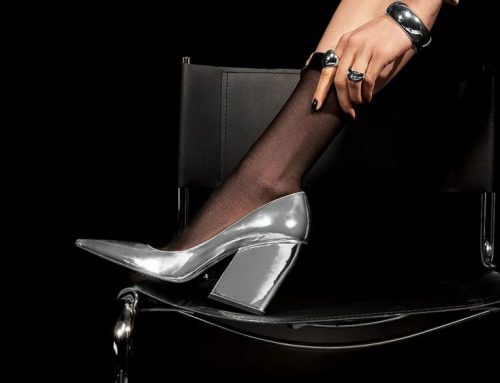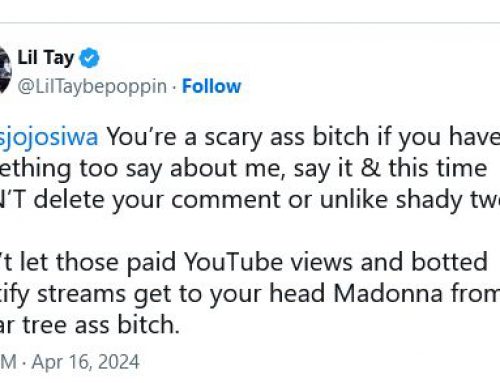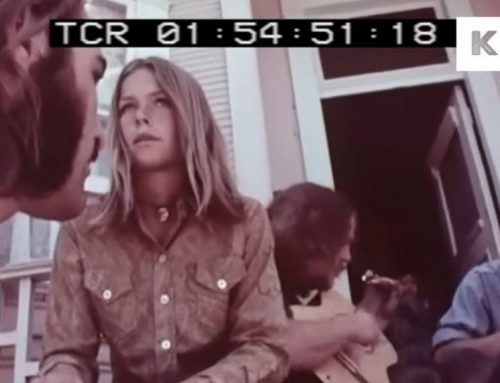At this point, the streaming service is leaning in the direction of not renewing the deal they have with the showrunner who did great on television, but not so well on the streaming service.
He did a series of vanity projects, and none of them were well reviewed or heavily watched.
Netflix
Ryan Murphy
Nurse Ratched, The Prom
Prom King With a big Netflix deal and the power to green-light almost anything, Ryan Murphy has become the ultimate insider. And his work is suffering.
Twenty minutes into his Netflix adaptation of the Broadway musical The Prom, it becomes clear what kind of movie Ryan Murphy thinks he has made. Broadway diva Dee Dee Allen (Meryl Streep) and fellow star and very gay friend Barry Glickman (James Corden) are on the bus to Indiana, where they plan to raise hell in defense of a lesbian teen denied the right to take her girlfriend to the prom — a publicity stunt designed to repair their damaged reputations. No sooner do we learn this than Barry says, sincerely, that he has always dreamed of showing up his childhood bullies by doing “something important.” Dee Dee curls up next to him and coos, “That’s exactly what we are doing — something important.”
The original musical had a straightforward premise, one as old as The Music Man: Big-city outsiders roll into town with a “helpful” scheme meant to benefit themselves, only to learn how to be selfless. Under Murphy’s direction, however, a satire of celebrity activism becomes a love letter to showbiz — in which doing good for the publicity can be good in itself.
The Prom caps off what feels like phase one of Murphy’s big deal with Netflix, a saga that began three years ago, in early 2018, when the streaming service paid an estimated $300 million to hire Murphy away from 21st Century Fox. The nine shows he’d produced at FX over 15 years, including Nip/Tuck, Glee, and American Horror Story, had always been maximal, attention-grabbing, full of cruelty or gore. Run through with a strain of righteousness, they focused on underdog characters (theater geeks, gay teens, brunettes) boxing out their own space in the world. The shows could be angry about injustices of class, race, gender, sexuality, and, often, beauty. They could also be scattershot, favoring big swings in tone over consistency. More often than not, they had you by the throat.
Murphy’s move to Netflix marked a certain anointment by the industry — at the time, it was called the biggest deal for a TV creator in history — and Murphy talked about it as if he had been invited to sit with the homecoming court at the cafeteria. “My whole life has been in search of that brass ring, and now somebody actually thinks I’m worthy as opposed to being an aberration?” Murphy told Time in a 2019 profile. But with millions in hand and more power than ever, the work Murphy has made at Netflix so far has been curiously tedious. In a review of his spring 2020 miniseries Hollywood, this magazine called it “so narrow-minded that its sentimentality curls all the way back around to cynicism.” When Ratched premiered in the fall, the Ringer’s headline was simply “Another Ryan Murphy Netflix Show, Another Miss.” Murphy has always had an eye for clever casting — reviving the career of an older actress, spinning out a career for one of his favorite regular players. Now, he has seemingly grown enamored with the possibility of casting whichever stars he pleases and allergic to challenging them with unflattering material. His sympathies, always conflicted between the world’s brown-haired losers and its glamorous blonde winners, have tipped slightly but conclusively toward the side of the winners. – Source
Read more on these Tags: Netflix, Ryan Murphy









